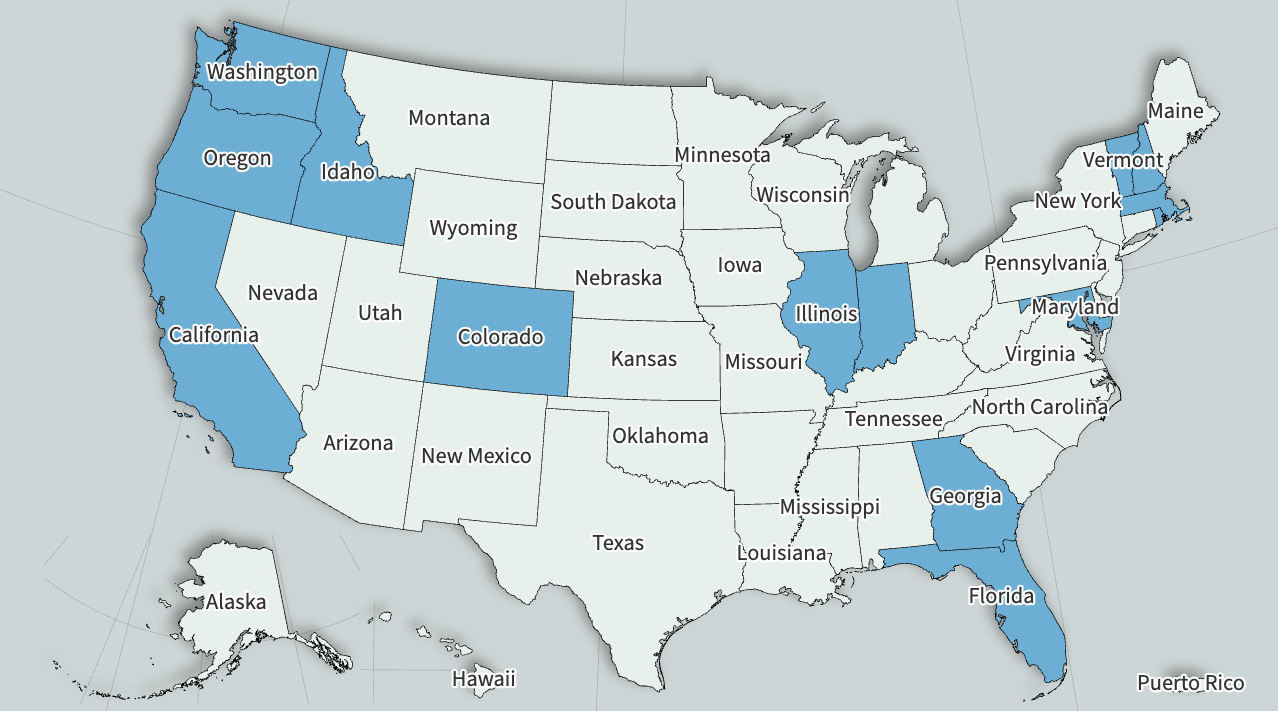Developing Story: A "Mystery" Respiratory Illness in Dogs
What do you need to know to keep your pets safe?

You may have heard about a mysterious new respiratory disease affecting dogs sweeping the country. There have been a ton of hyped-up news stories on this illness recently and it can be hard for pet owners to know what to believe. Several of my readers (such as Dr. Stacy Wentworth at Cancer Culture) have asked me to write about this topic and I was happy to oblige. I want to stress there is a LOT that we still don’t know, but I will walk through the basic facts so far in this article.

First off, this has been brewing for a while—I first heard rumblings about this in mid-August. One of my good friends from vet school texted me:
“Hey man, any info on some respiratory outbreak going on? I have been seeing a bunch of infectious tracheobronchitis dogs with negative respiratory PCR panels that are non-responsive to doxycycline. I did a search and a bunch of state vet med associations are posting updates on some ‘mysterious’ respiratory infection in dogs.”
So whatever pathogen(s) is/are causing this outbreak, it has likely been circulating for most of the year. As of this writing (late November 2023), this respiratory illness—which still does not have its own name—has been reported in 14 states, including Oregon, Colorado, New Hampshire, and across the northeast, southeast, and Pacific northwest. The symptoms can appear similar to kennel cough or Canine Infectious Respiratory Disease Complex (CIRDC), including coughing, sneezing, nasal and eye discharge, lethargy, decreased appetite, and fever. Some cases have progressed rapidly to pneumonia, requiring medical intervention. A few dogs with underlying diseases have died but this appears uncommon. People, cats, and other animals have not been reported to be infected.

Two of the notable aspects of this outbreak are (1) the illness's apparent resistance to commonly prescribed antibiotics and (2) its negative diagnostic test results for known canine pathogens. This has led to difficulties in defining the disease or testing for it effectively. The symptoms overlap with other causes of lung disease in dogs, and the infectious agent (or agents) driving this disease remains unidentified.
Veterinary laboratories in several states are actively investigating the illness, with more than 200 cases documented in Oregon alone. The Oregon Department of Agriculture (ODA), in collaboration with the U.S. Department of Agriculture's National Veterinary Services Laboratory, is working to determine the cause of these illnesses. The ODA communication director told the AVMA:
“Based on the epidemiology of the cases reported at this point, the cases appear to share a viral etiology, but common respiratory diagnostic testing has been largely negative,” Cantu-Schomus wrote in an email. “A handful of cases do test positive for Mycoplasma cynos, but that agent is not believed to be the underlying causative agent.” (AVMA quote)
Despite the lack of clarity regarding the exact nature of this illness, veterinarians recommend several precautions:
Keep your dogs up-to-date on vaccinations, including those against Bordetella, Adenovirus 2, Parainfluenza, and the influenza H3N2 vaccine
Minimize contact with other dogs—especially in communal environments like boarding kennels, dog parks or day care centers—to prevent transmission
Avoid sharing bowls, toys, bedding, or other surfaces between dogs
Seek veterinary advice if your dog shows any of the following:
Coughing
Sneezing
Rapid and/or labored breathing
Nose or eye discharge
Lethargy
Decreased appetite
Change in the color of the gums (especially pale or blueish color)
Early diagnostic testing, including throat swabs and airway sampling for culture and PCR, is encouraged to help vets screen for the causative agents
In terms of treatment, the guidelines recommend different approaches based on the severity and duration of the illness. For cases with a duration of less than 10 days without evidence of pneumonia, no treatment might be necessary. However, for more severe cases, especially those showing signs of pneumonia, antibiotics like doxycycline or amoxicillin-clavulanic acid may be considered, along with re-evaluation after 7-14 days. In cases of pneumonia with systemic disease, a combination of antibiotics such as enrofloxacin and ampicillin is recommended, with therapy often lasting for 4-6 weeks.
It is crucial for dog owners and veterinarians to remain vigilant and informed about this evolving situation. Collaboration between veterinary professionals and ongoing research is key to understanding and managing this mysterious respiratory illness in dogs. I will update readers with any major developments in this story as soon as I learn of them. You can also stay informed with the latest information at the Cornell University College of Veterinary Medicine website on the respiratory disease outbreak. Many other veterinary schools and state veterinary medical associations (VMAs) are also providing real-time data and news.
Take Home Points:
Dogs in at least 14 states have been developing a respiratory disease
This does NOT appear to be a threat to humans or other species
The cause has not been identified, but is suspected to be viral
Most dogs survive, although cases of serious pneumonia and death have occurred
Keep your dogs up to date on preventative care
Avoid multi-dog environments like dog parks and kennels
Seek veterinary attention if your pet develops coughing, sneezing, or difficulty breathing




Thanks for the update. I heard PA now has cases.
Continuing updates would be great.
Thank you, Eric! Really appreciate you putting this together. You motivated me to (finally) schedule our remaining vaccinations for next week.